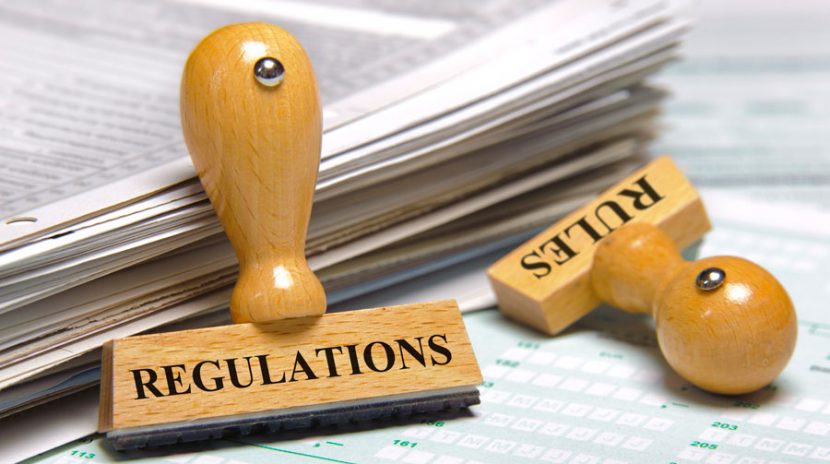Agency Rulemaking: Our firm has experience representing clients in rulemaking proceedings and challenges and has litigated rule challenges against the Department of Environmental Protection, State Water Management Districts, Agency for Health Care Administration, Department of Business and Professional Regulation, Construction Industry Licensing Board, State Board of Administration, and Educational Practices Commission.
Rule challenges seek to the challenge an agency’s use of its statutory authority. Through their joint lawmaking authority, the Florida Legislature and Executive Branch enact Florida Statutes to govern the conduct of people and businesses and have created state administrative agencies to implement the statutes and create rules. Examples of state agencies include the Department of Health, Department of Business and Professional Regulation, Department of Environmental Protection, Department of Corrections, and Agency for Health Care Administration.
When adopting a rule, an agency will engage in the rulemaking process and publish notice as to the date, time, and location of public hearings on the proposed rule. After the public hearing, the agency may adopt rules that are consistent with Florida Statutes. However, sometimes agencies adopt rules that conflict with the governing statutes or, in some cases, agencies apply regulations that are not adopted through the rulemaking process. In these cases, individuals, business, or associations that are “substantially affected” by the agency policy may challenge the rule being applied.
Under Chapter 120, Florida Statutes, proposed rules, existing rules, and unadopted rules may be challenged through an evidentiary proceeding at the Division of Administrative Hearings (“DOAH”). Regarding proposed rules, substantially affected parties must file a petition challenging the proposed rule within the particular timeframe established by statute. Should the party fail to timely challenge the proposed rule, the rule becomes effective, and the party may only challenge the existing rule, where the burden of proof is more favorable to the agency.
Once referred to DOAH, the trial is on an accelerated schedule unless waived by the parties. The parties are allowed to present evidence and testimony to the Administrative Law Judge (“ALJ”). After the trial is concluded, the parties may submit “Proposed Final Orders,” which summarizes the points of law and fact for the ALJ’s consideration. The ALJ will then issue his or her “Final Order,” determining whether the agency’s rule is valid. Unlike a disciplinary or licensure case, the ALJ’s order does not proceed back to the agency for final disposition.

